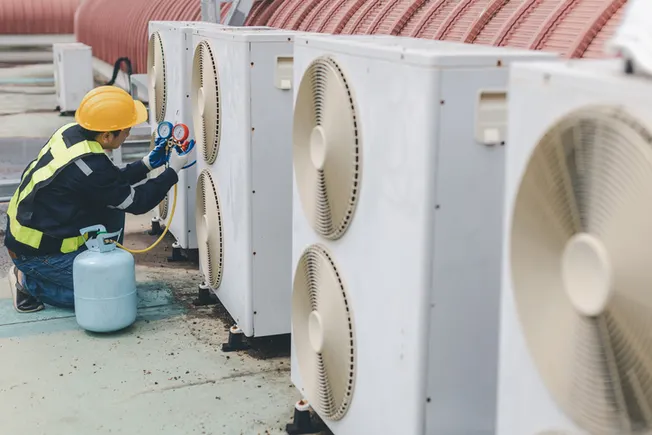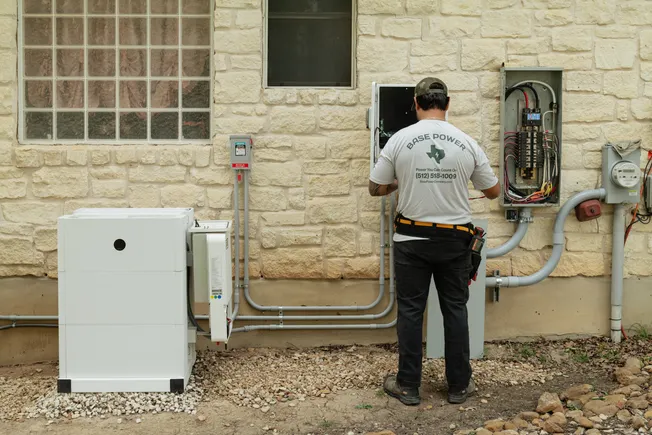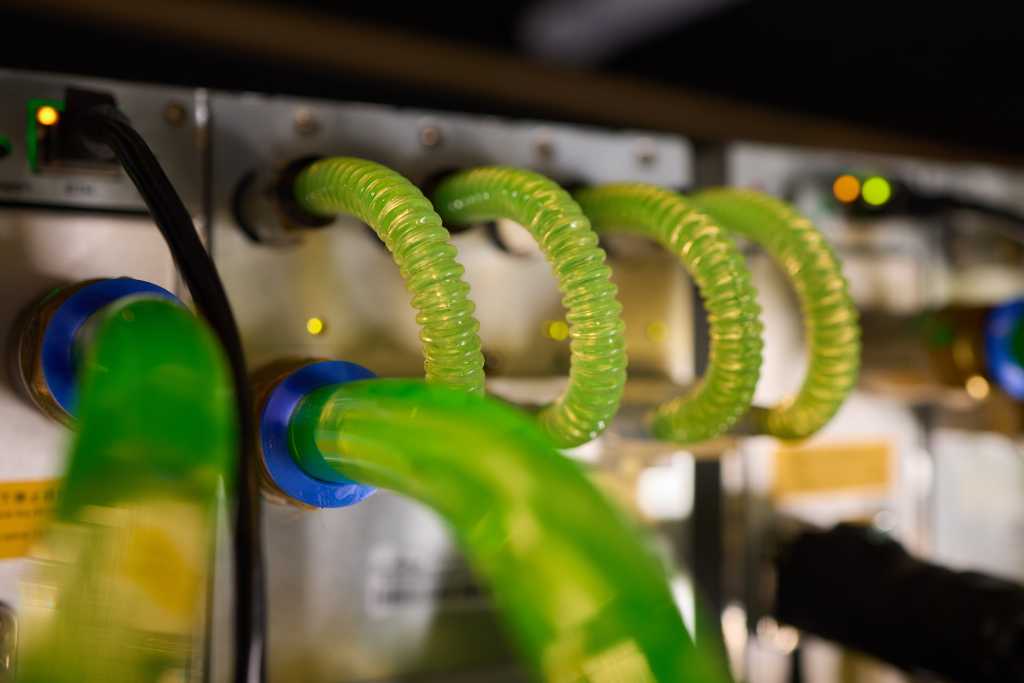
The European Union delayed the release of a plan to phase out Russian fossil fuels as it weighs the impact of the US administration’s pivot on Ukraine, struggles to lower energy prices and strives to maintain unity among member states.
The European Commission dropped the publication of a roadmap – which was meant to outline the EU’s path for replacing Russian energy – from its schedule on Wednesday, after previously planning to release it on March 26. While it said work on the phaseout plan continued, no new date was specified for its publication.
The postponement comes a day before an emergency summit of EU heads of government, who will discuss mobilizing hundreds of billions of euros in additional financing as they seek to help Ukraine after President Donald Trump pulled back US commitment to European security.
Hungary and Slovakia – whose leaders are friendly with Russia’s Vladimir Putin – have expressed diverging views on how the EU should respond to the geopolitical shift, and the move to delay plans on Russian energy imports may help to avoid antagonizing member states at a critical moment.
“The roadmap is not in the indicative planning, but it is still on and being prepared; only the timing changed in light of latest geopolitical developments,” said Anna Kaisa Itkonen, the commission’s energy spokesperson.
The delay added to a drop in European gas prices on Wednesday.
Futures have been prone to sharp swings recently as economic and geopolitical uncertainties mount. Higher fuel consumption this winter and the end of a transit deal between Russia and Ukraine have intensified the challenge of replenishing Europe’s gas stockpiles, which dropped to the lowest since 2022.
While pipeline gas supplies from Russia cover less than 5 percent of Europe’s fuel needs after most major routes have been closed since 2022, the nation remains the second largest supplier of LNG to the EU. Purchases hit a record last year, with Spain, France and Belgium being the biggest buyers.
While sanctioning Russian gas would in theory be the strongest legal tool to end imports, the EU has stopped short of proposing such a measure because it wouldn’t get the required unanimous support amid opposition from Hungary and Slovakia. The plan was to rely on trade measures instead, as those can be adopted by a qualified majority.
But even that approach could face pushback amid concerns over potential price increases and the continued reliance of some nations on Russian fuel, according to EU diplomats with knowledge of the discussions. There are also doubts whether trade measures other than sanctions would legally act as a force majeure to extricate companies from long-term contracts with Russia.
A main avenue for reducing reliance on Russia would be to increase imports from the US, which European officials have also expressed concerns about.
“The delay to the publishing of the roadmap is no surprise as Europe is still heavily reliant on Russian LNG and getting rid of any gas in the middle of tariff negotiations with the US puts Europe in a difficult position,” said Florence Schmit, an energy strategist at Rabobank.
What do you think? We’d love to hear from you, join the conversation on the
Rigzone Energy Network.
The Rigzone Energy Network is a new social experience created for you and all energy professionals to Speak Up about our industry, share knowledge, connect with peers and industry insiders and engage in a professional community that will empower your career in energy.
MORE FROM THIS AUTHOR
Bloomberg





















